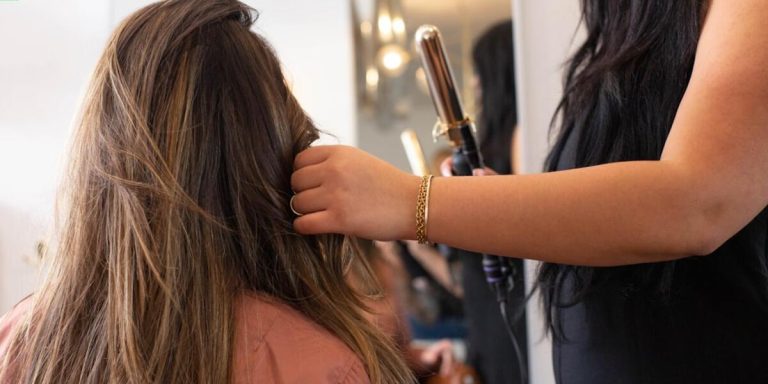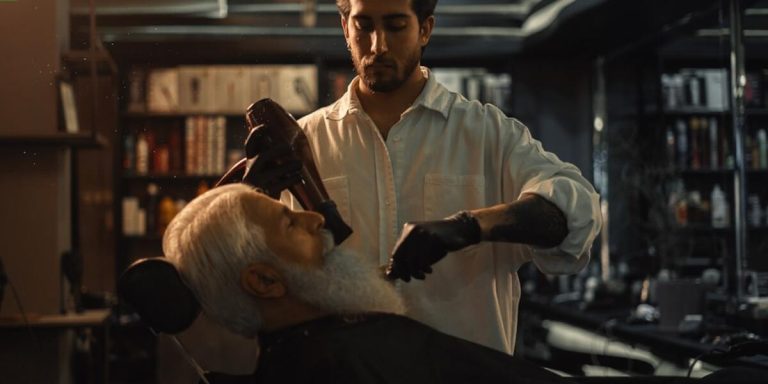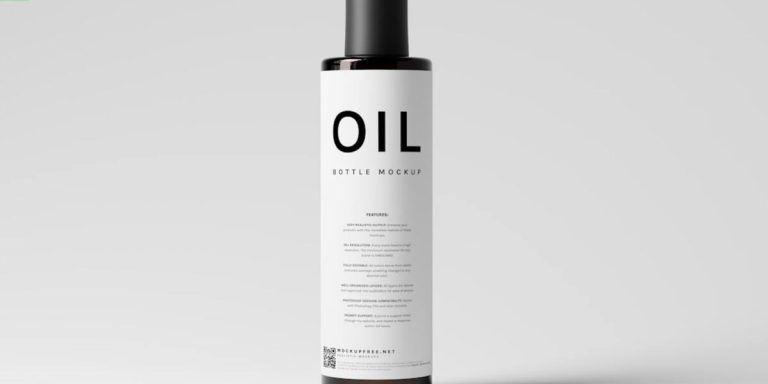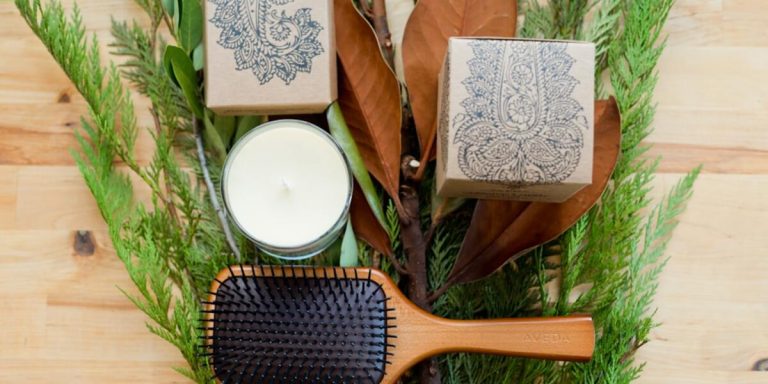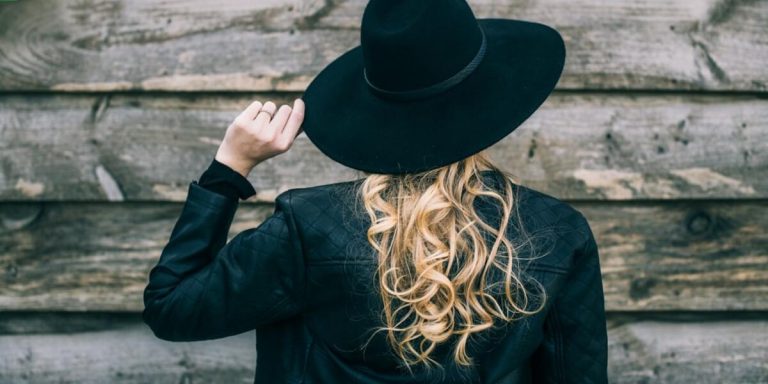Arab Hair Care: Understanding the Rich Traditions and Modern Practices
Dive deep into the realm of Arab hair care and you’ll be mesmerized by its rich traditions and modern practices. This cultural heritage goes beyond maintaining lustrous locks to signify identity, status, and ethnic pride. Arabs revere their hair as an embodiment of beauty itself, with every strand telling a unique story.
Effectively caring for one’s mane in this tradition involves understanding these practices and respecting them. Ancient rituals with precious oils and henna, to contemporary methods that blend technology with traditional wisdom, each element adds value to your tresses.
Did you know?
Did you know that an important Arab hair care tradition involves the use of camel milk, revered for its nourishing and moisturizing properties? It is often applied directly to the scalp and hair or used as a key ingredient in many modern Arab hair products.
Understanding Arab Hair Characteristics and Common Concerns
Arab hair has unique traits that distinguish it from other types, including its often thick, luscious, and dark color which conveys effortless beauty and elegance. These characteristics bring specific concerns that demand specialized care routines. Understanding Arab hair’s nature is essential for appropriate maintenance.
Despite their robust appearance, strands can often be dry. Curls or waves, a common trait in this community’s population, prevent sebum from reaching the ends. This can lead to tangling issues which require gentle detangling strategies to avoid further damage to your locks.
Key Traits Defining Arab Hair Types
Arab hair typically flaunts characteristics that make it unique and often necessitates specialized care. It’s crucial to understand these key traits in order to approach Arab hair with the proper maintenance strategies.
The first defining trait of Arab hair is its diverse texture. Several individuals have thick, curly locks while others can sport straight or wavy strands—a reflection of the broad cultural diversity within Arabic communities across continents.
Another hallmark characteristic of their hair is its natural dark pigment. The high levels of melanin not only give it a strikingly beautiful shade but also provide an extra layer of UV protection against the scorching desert sun common in many parts where Arabs hail from.
Hydration plays a vital role too! Given extreme weather conditions ranging from blistering hot deserts to freezing cold mountains; maintaining optimal moisture balance poses as another critical aspect for healthy arabian manes – all year round!
Finally, understand that genetics play a crucial role when addressing concerns related to Arabic hair types. This is particularly true for conditions like male pattern baldness, which occurs at slightly higher rates in Middle Eastern populations compared to global averages.
Addressing Typical Arab Hair Challenges
Firstly, the climate in most parts of the Arabian Peninsula often causes dryness concerns for those with this type of mane. The hot temperatures can strip your strands of moisture, making them brittle and breakage-prone. To counteract this:
- Invest in high-quality hydrating conditioners.
- Use masks specially formulated for dry hair.
Secondly, frizziness tends to be another typical problem faced when taking up Arab hair care measures. This could result from various factors like humidity or improper combing techniques resulting in tangles leading eventually to split ends if untreated promptly.
Combat frizz by incorporating silicone-based serums into your routine—these work as sealants providing a protective layer around each strand, helping retain its natural oil balance while reducing static.
Natural Remedies and Traditional Practices in Arab Hair Care
Arab hair care’s richness stems from time-honored traditions and natural remedies practiced for centuries. These unique traditional practices combine nature’s bounty with ancient wisdom. They include nourishing oils and herbal infusions that promote healthy hair and tackle issues such as dryness, breakage, or thinning.
Arabic hair care stands out for its use of natural ingredients. They commonly use herbs like henna and indigo in masks for strength and protection against premature greying. Olive oil is also essential, with its rich vitamin E content promoting shine and providing hydration.
Arab societies often lean on family traditions when it comes to beauty rituals including those related to hair maintenance. Shu’aa – meaning ‘flame’ – involves burning incense under your tresses which cleanse them from impurities leaving behind a pleasant fragrance all day long.
With increased global interest around sustainable beauty choices along this practice seems well-suited for wellness enthusiasts worldwide who wish learn more valuable insights into concepts synonymous with arabic heritage around ‘Hair Care & Maintenance’.
Incorporating Aloe Vera for Scalp Nourishment
Harnessing the natural goodness of aloe vera for scalp nourishment is becoming increasingly popular in Arab hair care routines. This miraculous plant has been used for centuries owing to its array of medicinal properties, with numerous benefits specifically pertaining to optimal hair health.
The application process can be as simple or intricate as you want it to be; however, consistency is key if you’re seeking long-term results from this all-natural elixir.
To start benefitting from incorporating Aloe Vera into their arab hair care regimen:
1) One could extract fresh gel right out from an aloe leaf (once cut open) but bottled gels available commercially are just as effective.
2) Apply this generously on dampened scalps after sectioning off parts so no area goes devoid.
3) Let it sit anywhere between 15 minutes up till overnight before gently rinsing away with lukewarm water – ensuring none remains attached which might resultantly leave behind residue!
The Role of Argan Oil in Strengthening Arab Hair
In Arab hair care, Argan oil plays an indispensable role. Endemic to the southwestern regions of Morocco and Algeria, it’s revered not only for its nutritional value but also as a substantial beautifying ingredient. Particularly in terms of strengthening hair.
The high concentration of antioxidants and essential fatty acids present in Argan oil makes it extremely beneficial for hair. These potent substances help protect your tresses from environmental damage by acting like a shield against harmful UV radiation and pollution.
Wondering what’s more? There’s vitamin E aplenty! A natural antioxidant that assists in maintaining overall health of both scalp and strands – emphasizing why this golden liquid is touted as ‘liquid gold’ across many cultures around the world!
But how does Vitamin E contribute specifically to stronger locks? It stimulates healthy growth by repairing damaged follicles, ensuring each strand grows out robustly right from the root level making your mane lusciously thick over time.
Take note ladies; complete respite from parched frizzy nightmare can be found with consistent usage which leads into perfectly smoothed cuticles thus improving manageability greatly along offering radiant shine – ultimate twin goals everyone desires!
Maintaining Healthy Arab Hair Through Routine Management
- Provide constant nourishment
- Give tender loving attention
Frequent exposure to heat styling tools and chemical treatments can significantly damage Arab hair, so avoid these common practices.
Recognize your specific hair type for an effective maintenance routine. If you have curly or wavy hair, use products that cater to the need for more hydration and conditioning than those with straight hair require. To strengthen your hair from the inside, consume a diet rich in vitamins A and E. This helps protect against external aggressors like pollution that harm hair health.
- Removing unsightly split ends for a fresher look.
- Encouraging faster growth for flaunting long, glossy waves confidently all year round.
Despite popular belief, frequent washing of Arab hair may not be beneficial. Over-washing can:
- Strip the natural oils excessively, causing more harm than good.
- Leave the scalp dry and irritated, triggering excessive oil production.
- Weigh down roots with excess oil, giving a greasy appearance.
Crafting an Effective Daily Hair Care Regimen
Knowing how to properly care for your Arab hair can be a game-changer when it comes to maintaining its health and luster. Crafting an effective daily hair care regimen requires understanding the unique qualities of Arab hair along with consistent effort.
Firstly, realize that traditional shampooing methods may not always suit Arab hair care needs because of their naturally coarse texture. Consider co-washing instead – using conditioner instead of shampoo to retain essential oils and ensure cleanliness.
Specifically formulated products are also crucial parts of any good regimentation catering to Arab hair’s specific requirements comprising thick and often curly strands. Look out for natural ingredients like argan oil or shea butter which are known nourish such types.
Another key point is reducing heat exposure whenever possible as it may escalate dryness issues already familiar within this particular type of locks. Air-drying after washes could serve beneficial results instead!
Combating frizz effectively is another aspect where attention must go towards since those curls need love too! Use anti-frizz serums or leave-in conditioners regularly; these will ensure smooth sailing throughout the day by battling humidity-induced unruliness efficiently.
Lastly, and importantly, improve everything from the inside out by staying hydrated! Drink plenty of water regularly and include foods high in healthy fats in your diet. These actions promote overall scalp health, leading to positive effects on hair growth patterns.
Strategies for Protecting Arab hair from Environmental Damage
Incorporate a primary tactic into your hair care routine to create an effective barrier against environmental damage. Environmental damage can include:
- Heat
- UV rays
- Humidity
- Pollution
- Cold weather conditions
These elements can make your hair dry and brittle.
Firstly, wearable protection like hats or scarves are essential when stepping out under harsh sunlight. They not only shield your scalp but also prevent color fading if you have dyed locks.
Discussing hydration is crucial for a proper hair care routine. The hot climate in Arab regions often dehydrates your hair, making it desperately need moisture. To effectively fight this, you must regularly include deep conditioning treatments in your routine to nourish and maintain soft, manageable locks.
Conclusion
Arab hair care traditions and contemporary practices offer a holistic approach to maintaining luscious locks, deeply rooted in history. They include using enriching ingredients such as argan oil and henna, and adopting protective hairstyles, showcasing a fusion of cultural wisdom with modern-day advancements.
Explore fascinating narratives about “Hair Care and Maintenance” on our website. Uncover your path to perfect tresses by immersing yourself in knowledge from cultures worldwide—because every strand tells a story. Unlock the secrets to achieving glorious hair—you’re just a click away.
Discover timeless tips, emerging trends, and beloved classics in the realm of hair care by browsing our extensive collection today!


